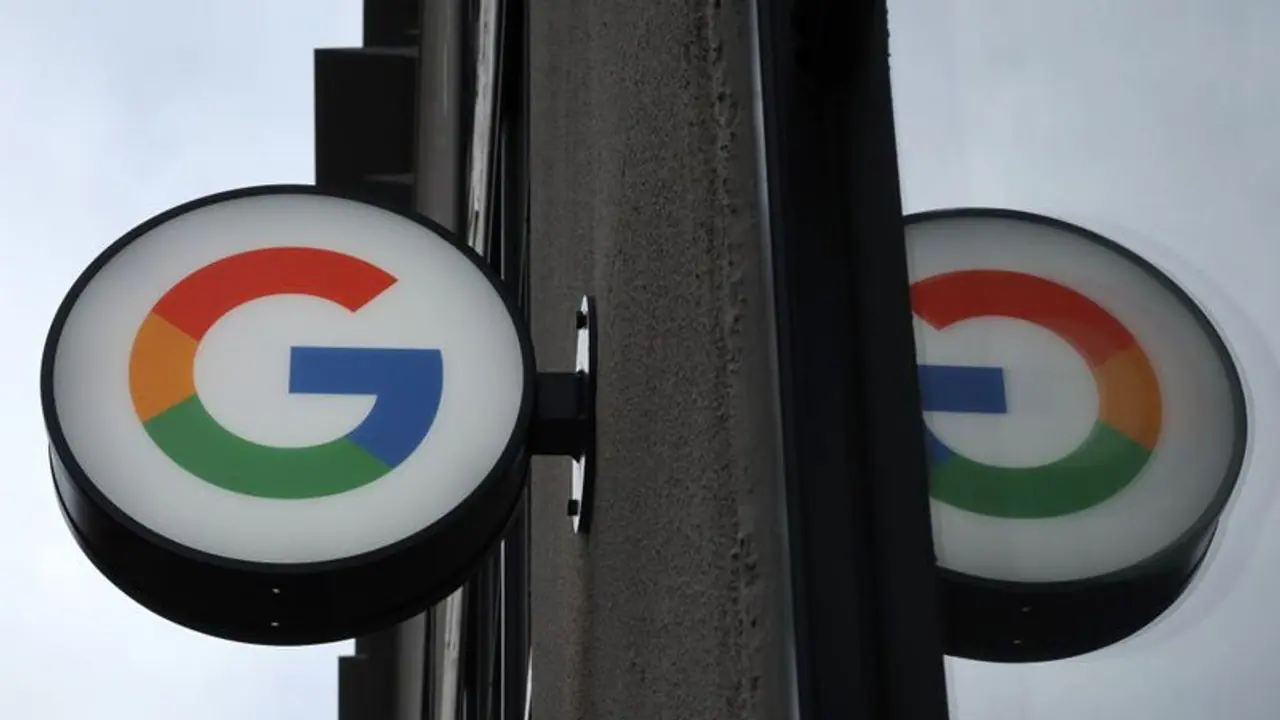According to a new report by The Information, Google is working towards building a new AI Assistant, which could be called ‘Pixie.’ It is said to be a Pixel exclusive and can perform complex tasks that the Google Assistant simply isn’t capable of.
Global IT behemoths are striving to integrate artificial intelligence (AI) capabilities into their offerings. Furthermore, businesses like OpenAI, Microsoft, Google, and Meta are vying for the top spot in the AI race.

We just learned about Gemini, Google's most potent big language model to date. The enormous language model claimed to be a step ahead of anything we have seen thus far with its multimodal capabilities. Google said that Bard is now driven by the new LLM and that additional changes will be released soon along with the launch of Gemini.
According to a report by The Information, Pixie is Google's method of guaranteeing a more customised Google Assistant experience. It is powered by the fundamental architecture. It can leverage information from Gmail, Maps, and other Google products on your phone to function as your personal assistant. Think of it as your virtual assistant that is aware of your preferences, such as your preferred coffee.
According to the report, Pixie offers more than simply question-answering services. It's getting ready to take on challenging jobs like recommending the closest store where you may purchase that essential item you just took a photo of. Further, Pixie might be a part of Pixel 9 smartphones that are expected to launch next year.
On a related note, in October this year, Google launched the Assistant with Bard. However, Pixie seems to be a different AI assistant than this Bard.
While unveiling the new AI assistant, Google had said that it will be available for some selected testers over the coming months. The company had also said that the Bard-powered assistant would be an “opt-in experience”.
In addition to this, Meta introduced its AI-powered glasses earlier this year. And Google might also be following suit.
